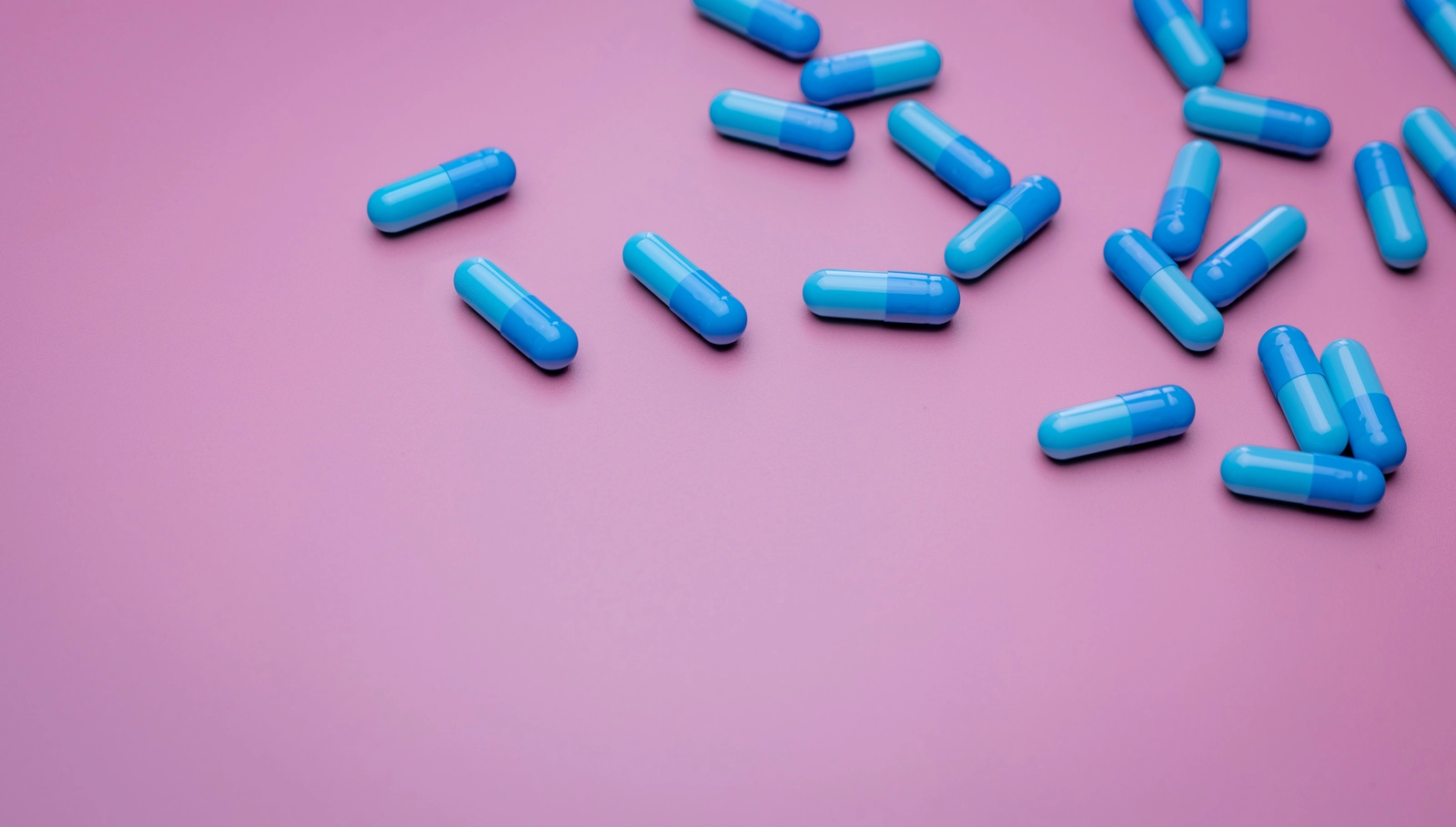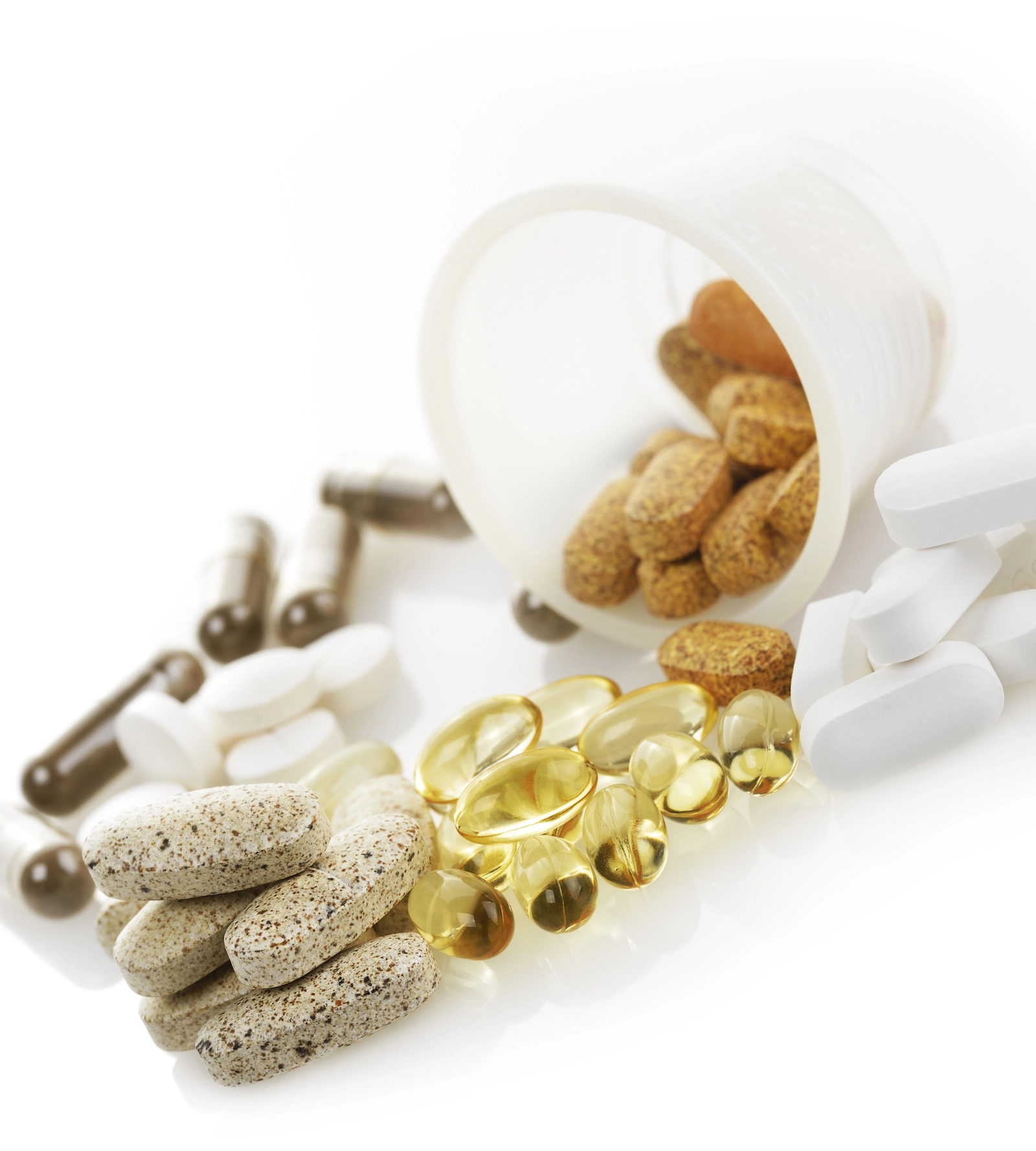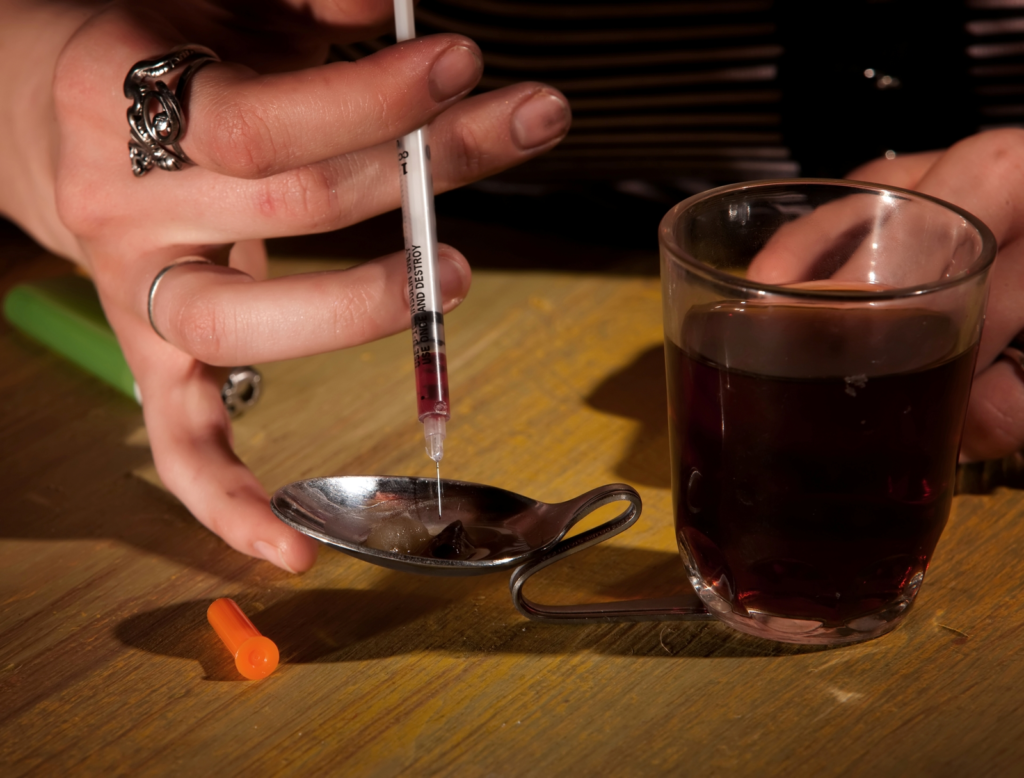Understanding Adderall Alternatives, Both Natural and Prescription

Adderall is a prescription stimulant And a first-line treatment for attention deficit hyperactivity disorder ADHD. As a central nervous system (CNS) stimulant, the active ingredients in Adderall—amphetamine and dextroamphetamine— accelerate central nervous system function to increase focus and brain function, improve impulse control, and other cognitive enhancement benefits.[1]
While these benefits are initially beneficial for dealing with the common symptoms of ADHD, they can have a long-term impact on brain health and are associated with other negative side effects. Adderall is also a Schedule II controlled substance that carries a significant risk of dependence and addiction.[2]
With such significant risks, it may be helpful to consider Adderall alternatives that may not pose such a risk to one’s health and well-being. Always remember to discuss any medication changes with your primary care physician or prescribing doctor before altering or discontinuing Adderall use.
Key Points
- Adderall is a CNS stimulant and the first-line treatment for ADHD.
- It is also a Schedule II controlled substance that carries a significant risk of dependence and addiction.
- Alternatives to Adderall include other stimulants like Concerta, Ritalin, and Vyvanse, as well as non-stimulant medications like modafinil, norepinephrine reuptake inhibitors, tricyclic antidepressants, and more.
- Natural Adderall alternatives include a variety of botanical agents, nutritional supplements, nootropics, and vitamins that have shown improvements in ADHD symptoms in medical studies.
- Treatment for Adderall addiction includes detox, inpatient rehab, medically managed care, behavioral therapy, and wellness interventions.
- For your safety, always check with your doctor before altering your medication regimen.
Adderall Alternatives: Other Prescription Medications
It’s true that Adderall is the first-line treatment for ADHD and can also be prescribed to treat narcolepsy. However, other ADHD medications may be a better fit for your circumstances or for those who are seeking Adderall alternatives.
- Vyvanse: Vyvanse also contains dextroamphetamine and is FDA-approved to treat ADHD.[3] This prescription stimulant is also a central nervous system stimulant that increases neurotransmitters in the brain to accelerate functioning. However, Vyvance is still a Schedule II controlled substance, carrying the same level of risk for dependence and addiction.
- Concerta: This CNS stimulant is also prescribed for ADHD in both adults and children, and the extended-release formulation can provide symptom relief for up to 12 hours.[4] Due to the CNS effects of this prescription stimulant, it is classified as a Schedule II controlled substance with a high potential for dependence and addiction.
- Ritalin: Ritalin is also a CNS stimulant that can reduce the symptoms of ADHD and narcolepsy.[5] Today, Ritalin is less common than Adderall but is still prescribed. However, it falls under the same drug scheduling categories with the same risk of dependence and addiction as Adderall.
- Modafinil or Provigil: These medications are primarily prescribed for narcolepsy but can be prescribed off-label to address ADHD symptoms. This is not a CNS stimulant, is only taken once per day, has fewer reinforcing properties (e.g., influencing dependence and addiction) than other, more traditional medications, and is a Schedule IV controlled substance (posing a lower risk).[6]
- Other non-stimulant medications: These drugs may be an option for ADHD and are considered a second-line treatment. This would include substances like tricyclic antidepressants, non-tricyclic antidepressants, alpha-2 noradrenergic agonists, norepinephrine reuptake inhibitors, and non-schedule stimulants.[7]
How do non-stimulant Adderall alternatives compare in terms of effectiveness and safety?
If Adderall is the first-line treatment for ADHD, it’s not uncommon to wonder how much these other substances can help. However, just because some of these medications lack central nervous system stimulants doesn’t mean they’re less effective. One study revealed that 91% of participants showed a marked reduction in ADHD symptoms when taking TCAs.[8]
Natural and Synthetic Adderall Alternatives

Some of the primary symptoms of ADHD are inattentiveness and hyperactivity. Some natural and synthetic alternatives to Adderall may be beneficial for enhancing focus and attention and addressing other symptoms associated with ADHD. Some nootropic, natural, and synthetic Adderall alternatives include:[9]
- Bacopa (Bacopa monnieri): Patients who took this botanical agent, which regulates dopamine, showed improvements in ADHD symptoms.
- Ginkgo biloba: This botanical agent offered an improved quality of life, relief from ADHD core symptoms, and improved performance.
- Ginseng (Korean Red Ginseng): Ginseng offered improved attention and reduced hyperactivity after an 8-week regimen with elevated dopamine and norepinephrine.
- Combining Ginko Biloba and Ginseng: Combining these two botanical agents showed improvement in ADHD symptoms in hyperactivity, cognitive function, and defiant behavior.
- Valerian Root: After taking a Valerian tincture (which breaks down GABA in the CNS), some showed improvement in ADHD symptoms.
- Magnesium & Vitamin B6: Combining magnesium (which influences executive function) with vitamin B6 (which increases serotonin production) helped improve ADHD symptoms in children throughout an 8-week intervention.
- Zinc: This nutritional supplement showed benefits for reducing impulsivity and indirectly influencing dopamine function.
- Iron: Especially beneficial for children, iron has been shown to relieve ADHD symptoms as it influences the production of norepinephrine and dopamine.
- Acetyl-L-carnitine (ALC): The protein derivative significantly reduces ADHD symptoms through modulating neural transmission.
- Omega-3 and Omega-6 Fatty Acids: Improved attention and reduced hyperactivity are often associated with highly unsaturated fatty acids.
Treating Adderall Addiction
Each person’s journey through the treatment process will be unique to their needs and individualized treatment plan. However, most begin in a similar place and navigate several levels of care, including:
- Medical Detox: The detox phase allows you to reach a level of stability and begin to restore natural functioning without harmful substances. This will take place under medical supervision in a safe and serene environment as you navigate withdrawal and build a foundation for recovery.
- Inpatient Treatment: With no distractions, you can focus on healing and recovery from Adderall addiction. Inpatient care offers full-time treatment and support that includes medication management, therapy, group sessions, wellness interventions, contingency management, and more.
- Medically Managed Care: Medically managed care lends mental health treatment with medical interventions to support holistic recovery. This addresses physical and mental health concerns through medical expertise and therapeutic interventions.
- Evidence-Based Therapies: A large part of addiction treatment includes mental health and behavioral therapies. Some of those interventions include Cognitive Behavioral Therapy (CBT), Dialectical Behavior Therapy (DBT), Experiential Therapy, and Relapse Prevention.
Get Help For Substance Use Disorder
If you or a loved one are struggling with Adderall abuse or other substance use disorders, there is no time like the present to take advantage of the solutions available to you. Professional treatment, therapy, medication management, wellness interventions, community support, and more are just some of the solutions that can help overcome these challenges. Reach out today for answers and clarity on how to take the first step toward recovery.




